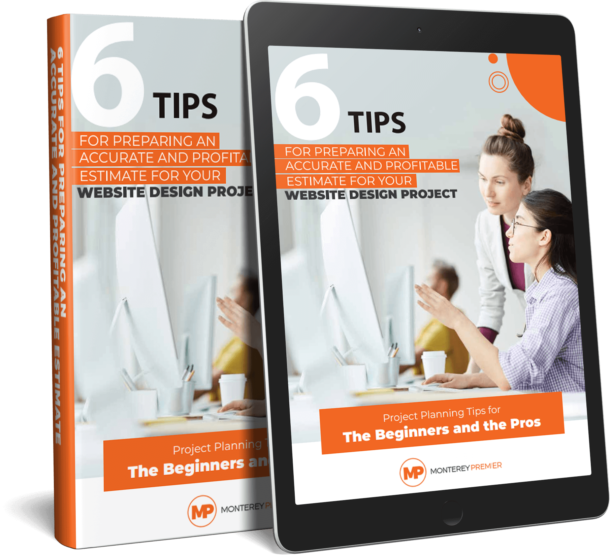5 Tips for Writing an Effective Resume
Anybody in the workforce today knows that finding a job isn’t always a walk in the park. It can actually be a pretty difficult, lengthy process. You can spend hours reading through jobs to see what looks like a good match for you, gather your resume and cover letter only to not hear back from the HR department from that company. It’s enough to drive someone crazy and it becomes quite discouraging. However, maybe the thing that might set you apart is your resume. Sure, you have all of your years of extensive experience documented on your resume, but what else do you need to have on there that will catch the eye of the hiring manager?
Take a look at five tips we have for helping make your resume as effective as possible:
Formatting Your Resume
First and foremost, what does the format look like? If we’re being honest, if it looks like it’s just thrown together, it will get thrown out. Regardless of how much experience you have or how well-written your resume is, if it looks sloppy or not professional, don’t expect it to get more than a 25-second glance. Be sure to keep it organized and only one page. Two-page resumes can be a bit of a hassle for hiring managers. Take a look at some more formatting tips below.
- Use a logical format and wide margins.
- Be selective with bold and italic words. This should only be used to help guide the reader’s eye.
- Use bullet points to give attention to important points.
Don’t leave out accomplishments
Hiring managers tend to look for candidates that have proven to have good problem-solving skills or have been in a position that puts them under pressure or with deadlines. The catch here is that they’ll never know if you can solve a problem if you don’t acknowledge it in your resume. Take a look at some tips we have for including your accomplishments in your resume:
- Document what you did in the job, not what your job was.
- Include a short job description, then list your accomplishments after.
- Include how you benefitted the company with each job description.
- Accomplishments should be unique to you and what you did specifically.
- Don’t use generic job descriptions.
Be specific
When you’re writing down your previous job descriptions and how you benefitted the company, be sure to be thorough and specific. Include the highlights of your previous positions that present a positive picture of your marketability. Describe your achievements to provide a strong foundation for greater confidence in the hiring manager, which in turn, may generate more interest in hiring you or calling you in for an interview.
Include specific details of a project you did that proved to be successful. Use examples and don’t leave anything out. Be as specific and thorough as possible.
Think about the industry
What industry are you in? Is it marketing? Law? Hospitality? When writing your resume, you should keep the industry in mind to help guide your way of writing it. You want to cater to your industry. For example, you shouldn’t write a resume for an engineering firm the same way you’d write it for a teaching job. You want to make sure you’re catering your verbiage and format specific to that industry.
Include a ‘Career Summary’ section
You’re probably wondering what this means – and that is exactly the point. Hiring managers will wonder what that is too, and in result, they will read that section only to find a brief overview of who you are and what you do. This would normally be considered the ‘objective’ part of your resume, but if you’re trying to stand out, you have to tweak things a bit. Take time developing a catchy summary what will immediately catch the attention of the person reading your resume. This should be a powerful description of who you are and that you are the person for the job.
Final Thoughts
So, there you have it. Five simple but very important things you should include in your resume to make it the best it can be. Still, however, don’t just think you can send this off to every company and expect a callback. Spend some time networking and making business connections. A personal reference is always the best way to go when it comes to your chances of getting the job.
Have you recently learned some informative tips to creating the best resume? Tell us about it in the comments below!

Thumbnail credit: Tim Gouw / pexels.com
A Florida native filled with charm, a sense of humor, style, and a passion for writing, Dana Damato is a talented journalist covering all things entertainment, fashion, food, travel, and lifestyle. Dana first realized her dreams of becoming a writer at age ten and wrote her first book at the age of 12. With a growing passion for writing, Dana knew from then on that being a writer is what she needed to do as a career.





